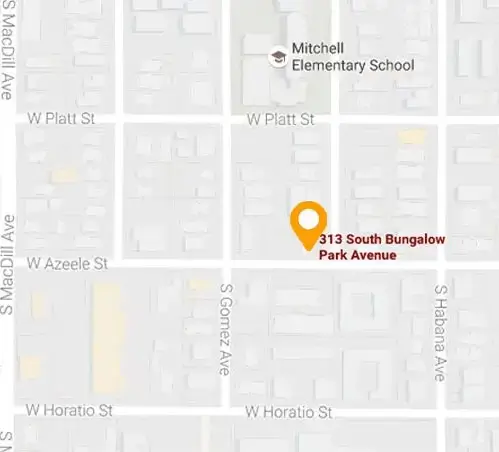Parental alienation Florida judges don’t take lightly. But while most people focus on how to prove it, not enough talk about what it does to the child. That silence is dangerous. Because behind every missed phone call, cold stare, or canceled visit is a child who’s being pulled in two. Torn between love and loyalty. Confused. Angry. Emotionally worn down. This isn’t just bad co-parenting. It’s emotional manipulation. And it leaves marks that courts—and mental health professionals—can’t ignore. If you’re in a custody battle and you suspect alienation, understanding this emotional toll could be the very thing that tips your case.
The Emotional Warning Signs Courts Can’t Ignore
When a child is caught in the middle, it shows. Maybe not at first. But the signs grow. Fear of one parent that wasn’t there before. Unexplained anxiety. School performance slipping. Nightmares. Social withdrawal. Or sudden anger toward the targeted parent—without real reason. These are not just signs of growing up. They are signals. Warning lights. Children aren’t wired to hate a loving parent. That kind of shift usually comes from somewhere. It’s planted. Repeated. Reinforced.
Why Emotional Harm Matters in Custody Decisions
Florida courts want what’s best for the child. That’s the standard. And when a child’s emotional health starts to suffer, the court has to respond. That’s why your case should include not just proof of alienation, but also the damage it’s doing. This is where counselors, school staff, and pediatricians can help. They can document changes. They can provide reports. Their testimony might carry just as much weight as yours—sometimes more.
Long-Term Consequences Judges Consider
And then there are the long-term effects. Studies have shown that children who experience parental alienation often grow up with trust issues, depression, low self-esteem, and struggles in future relationships. It doesn’t stop when the custody case ends. The damage follows them. That’s why acting now matters. If a judge sees that one parent is hurting the child’s emotional stability, custody arrangements can and do change. Courts can reduce time-sharing. They can order therapy. In extreme cases, they can even remove custody rights.
How to Start Protecting Your Child Today
One thing’s clear—this isn’t just a fight between parents. It’s a battle to protect your child’s heart and mind. The words the other parent uses, the access they block, the fear they fuel—these aren’t invisible. And when you document them, when you show the change in your child, when you bring in professional insight, you give the court a full picture. Not just who’s right. But who’s healthy. Who’s stable. Who’s putting the child first.
Get Help from a Tampa Family Law Attorney
Stay calm. Stay steady. Keep records. Get support. You don’t have to shout. You just have to show what’s really happening behind closed doors. The courts in Florida are starting to listen. The damage of parental alienation is real. And it can’t be ignored.
If your child is showing signs of emotional distress and you believe parental alienation is to blame, we’re here to help. Visit Sparkman Law Firm to speak with a compassionate Tampa family law attorney. Your child deserves better. So do you.









